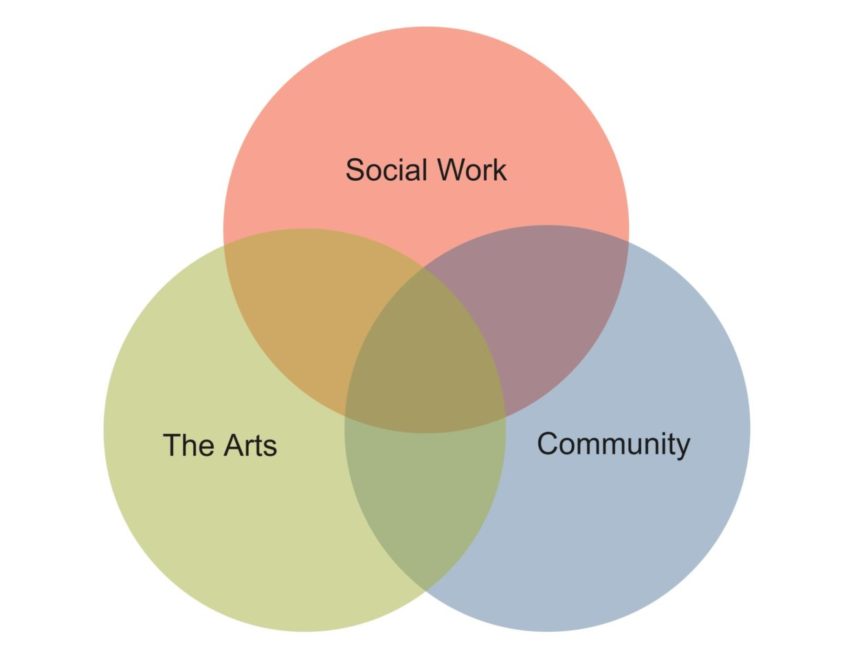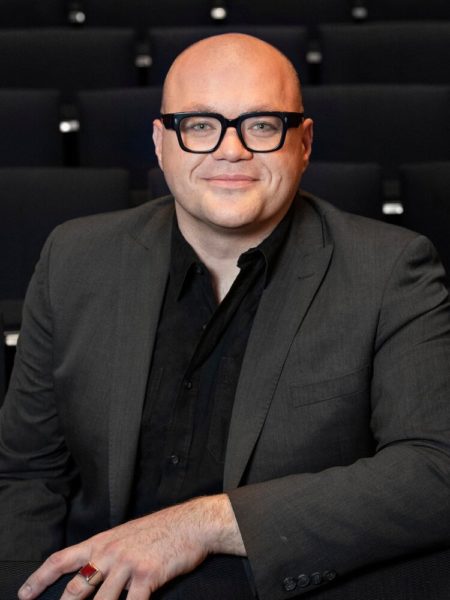News & Notes
What the arts can learn from social work: A conversation with Tom O’Connor
I recently had a wide-ranging conversation with Tom O’Connor, a marketing and audience development consultant for the arts and culture field, about a piece he had written called “Engaging Arts Audiences in a Time of Trauma.” In it, he lists the six principles of trauma-informed care and suggests how each might lend itself to the arts in a post-Covid world. The six principles are: Safety; Trustworthiness and Transparency; Peer Support; Collaboration and Mutuality; Empowerment Voice and Choice; and Cultural, Historical, and Gender Issues. Our discussion covered other ground, as well, but here’s an excerpt. I’ll share the rest of the interview soon.
Tom O’Connor is the President of Tom O’Connor Consulting Group. Though primarily an arts marketer, he trained as a social worker and received his MSW from Fordham University in New York City, where he is based.
Cory: We should start by acknowledging that you wrote your post before the murder of George Floyd and the nationwide upheavals that have followed. So even though you were specifically thinking about Covid-19, it feels even more relevant now. Can you talk a bit about the piece and what brought you to write it?
Tom: Absolutely. The framework has applications to any collective trauma we are experiencing at any given time, so the whole construct of what I put forward wasn’t designed for Covid and its use doesn’t need to be limited to Covid. The piece came from my own feeling of—I don’t want to say powerlessness—but a moment of thinking, during the early days of the Covid-19 crisis: “I need to figure out a way to make sense of what it is we’re looking at here because there’s no model for what we’re trying to do with audiences at this moment.” I started to think about my training in trauma-informed care and how you can’t really help a person do anything unless you create a safe and responsive space for them. There’s a lot of conversation about how, post Covid, we can make the spaces of our arts organizations safe in a physical, medical, biological sense. But I didn’t necessarily see a lot of conversation in the field around how we are helping people process the state of their own selves as they’re coming back to our organizations.
Cory: Why do you think we don’t see more people trained in social work, and in the people-centered “systems thinking” that’s core to their training, in the executive suites of organizations?
Tom: I don’t think enough people really know what social workers are. And as an arts and culture field, I just don’t know that we’ve figured out how to properly align ourselves with that particular skill-set around systems thinking. Leaders of organizations have been pulled from the bench of people who are really great at things like production [in the performing arts] or fundraising. These are two incredibly important things and provide key building-blocks for organizations. But they don’t necessarily provide a full and healthy ecosystem that can consistently produce good work, nurture the artists who are working within those companies, and overcome some of the structural inequities that we’re all really reckoning with, finally, now. And I do think that’s a real opportunity in this moment. We talk a lot about the “strengths perspective” in social work training, in terms of leaning on the strength that any individual or community or system possesses and viewing that as the potential solution to the challenges it has. That perspective is a really valuable one right now.
Cory: I think there’s some question, too, about what institutions find valuable and worth protecting. Right now, we’re seeing layoffs instead of dipping into endowments, and contracts with police instead of partnerships with social services.
Tom: When cultural organizations finally reopen, it’s going to be very clear who’s requesting from people a certain sort of respect and obedience to what we want them to appreciate—a return to the old plan, as it were—versus the organizations that are actually providing true belonging in this new reality.
Stay tuned for the next part of Cory’s interview with Tom O’Connor, and if you haven’t yet read Tom’s piece, “Engaging Arts Audiences in a Time of Trauma”, we highly suggest doing so. As always, we’d love to hear your thoughts — drop us a line.


